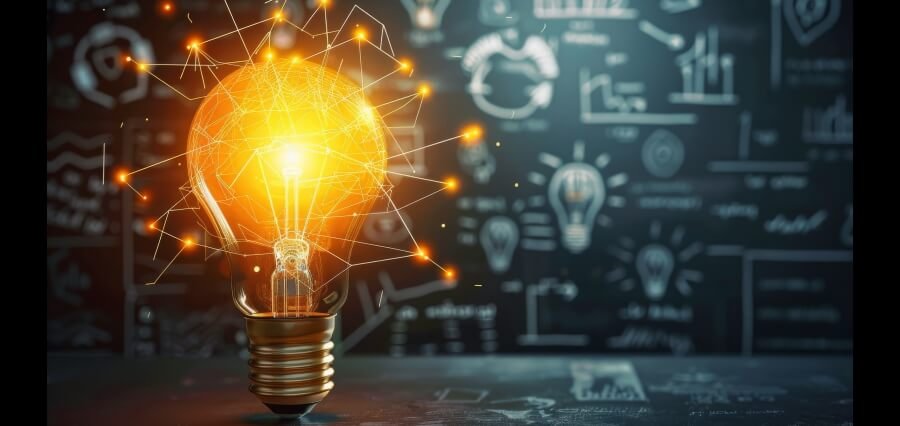Massive Open Online Courses (MOOCs) are catalyzing a democratization of access to high-quality learning opportunities through technological innovation. First emerging around 2012 with platforms like Coursera and edX, the MOOC movement quickly spread worldwide, gaining significant momentum across the Asia-Pacific over the past decade.
By seamlessly integrating digital content, pedagogy, quality assurance, and technology, MOOCs make educational programs traditionally confined to physical campuses available to a vast remote audience. This expands access to higher education for disadvantaged and geographically isolated students, improving quality and equity.
The inherent benefits of MOOCs are reflected in their name – providing “Massive” access to larger student numbers than traditional classrooms; being “Open” and affordable for all motivated learners; leveraging digital “Online” technology; and operating at the individual “Course” level which can bundle into full programs.
However, developing and delivering high-quality MOOCs requires substantial investment in digital infrastructure like widespread 5G deployment, integrated online learning management systems, institutional teaching support hubs, and budget for emerging technologies.
Governments can drive MOOC innovation by launching national initiatives with incentives for universities and faculty, alongside removing policy barriers to recognize MOOC-based learning within qualifications frameworks. Professional development programs offering credentials can incentivize instructors to enhance MOOC skills.
Aligning MOOCs with open educational resources (OERs) based on principles of equitable, low-cost access can further democratize education. Governments should consider mandating OER commitments from education providers and universities making MOOC programs openly available.
Robust national credit bank systems are vital for recognizing, transferring and accumulating MOOC learning toward micro-credentials and full qualifications within a lifelong learning paradigm. Technologies like blockchain can enable comprehensive credentialing of all types of MOOC experiences.
The importance of MOOCs in improving higher education access, quality and equity is increasingly recognized across Asia-Pacific as nations align with the UN’s digital transformation goals for achieving SDG 4 on quality education.

